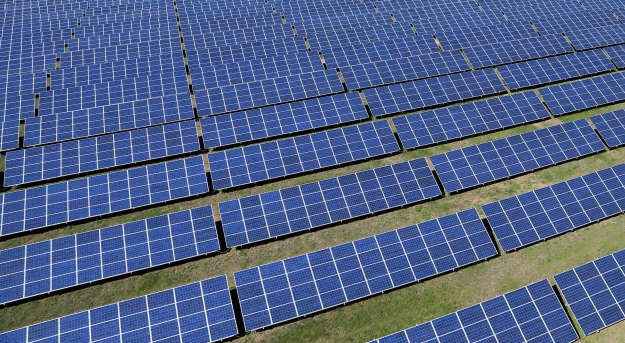NC REGULATORS LEAVE SOLAR RULES INTACT

From Strata Solar celebrating $1bn invested in NC projects to Duke Energy spending big on utility-scale solar, solar power—and in particular large-scale solar power—was on a roll in 2014. Developers had been concerned, however, that the North Carolina Utilities Commission might make changes to regulations governing how solar power producers are compensated by utilities. Among the items under review was a proposal from utilities to reduce the terms of a standard Power Purchase Agreement (PPA) from 15 years to 10 years, and to change the size of qualifying projects from 5MW to just 100 kilowatts.
Both of these proposed (along with a proposal from the solar industry to increase the qualifying size to 10MW, and the terms to 20 years) were rejected. The commission also rejected a proposed change to rules for how utilities calculate their capacity costs. While the details of the decision may be obscure to those not familiar with the energy sector, solar industry representatives say that the changes would have significantly impacted their bottom line and may have curtailed further growth. Here’s how the Triad Business Journal explained the changes in conversation with Zoe Hanes of Asheville-based FLS Energy:
The utilities argued they don’t need additional capacity over the next three years. So in calculating avoided costs — the rate paid for the standard contract — they contended that capacity costs should not be considered. That would have significantly reduced payments made to solar developers in the first years of their contracts, Hanes says. And that would have a dramatic impact, for the worse, on the economic feasibility of projects.
Representatives of Duke Energy also told the Triad Business Journal that they welcomed the commission’s review, and its willingness to listen to all sides of the discussion.
- Categories:


